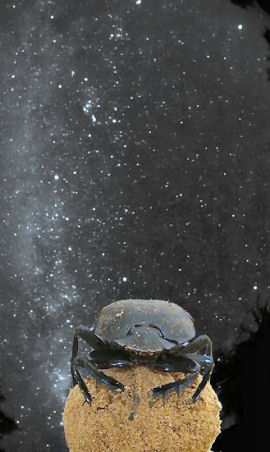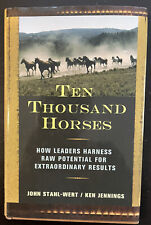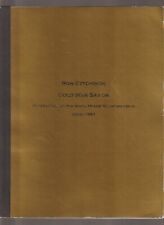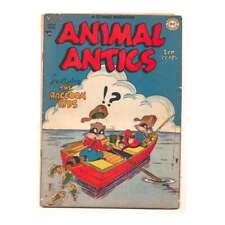
Animals’ scent posts may seem to be simply stinky, but new molecular surveys show they actually convey a veritable encyclopedia of information about the animals that left them. These intriguing findings – which could suggest a way to manipulate animal behaviour – are based on analyses of scent from groups of hyenas in Kenya.
“When hyenas leave paste deposits on grass, the sour-smelling signals relay reams of information for other animals to read,” said Michigan State University researcher Kevin Theis. “Hyenas can leave a quick, detailed message and go. It’s like a bulletin board of who’s around and how they’re doing.”
In the current issue of the Proceedings of the National Academy of Sciences, Theis shows that it’s the bacteria in pastes – more diverse than scientists had previously imagined – that appear to be doing the job of sending these messages. “Scent posts are bulletin boards, pastes are business cards, and bacteria are the ink, shaped into letters and words that provide information about the paster to the boards’ visitors,” he explained. “Without the ink, there is potentially just a board of blank uninformative cards.”
By using molecular surveys, Theis and co-researcher Kay Holekamp were afforded unprecedented views of the diversity of microbes inhabiting mammals’ scent glands. Theis says the diversity of odor-producing bacteria in spotted hyena scent glands is much greater than historical studies of mammals had suggested.
The diversity, however, still consistently varies between hyena species, and with sex and reproductive state among spotted hyenas, he adds. “Importantly, the variation in scent gland bacterial communities was strongly correlated with variation in the glands’ odor profiles, suggesting that bacteria were responsible for the variation in scent.”
“Now I just need to get back into the field to test new predictions generated by this study,” he added. “The next phase of this research will be to manipulate the bacterial communities in hyenas’ scent glands to test if their odors change in predictable ways.”
Related:
Discuss this article in our forum
Nose loses monopoly on sense of smell
Rats that love cats: parasite rewires sexual attraction
Significant bacterial populations found in upper atmosphere
Population growth makes wildlife conservation pointless, concludes new report


















Comments are closed.